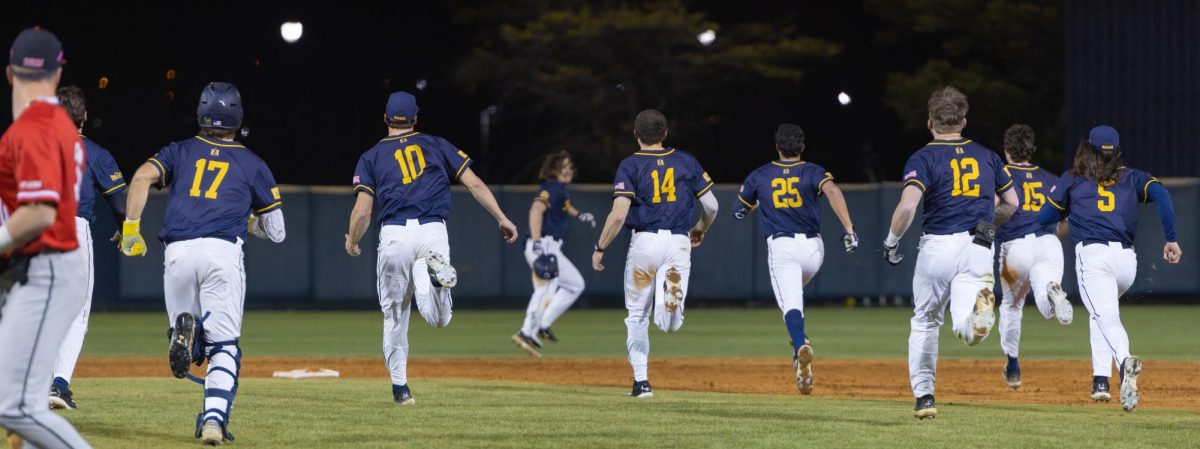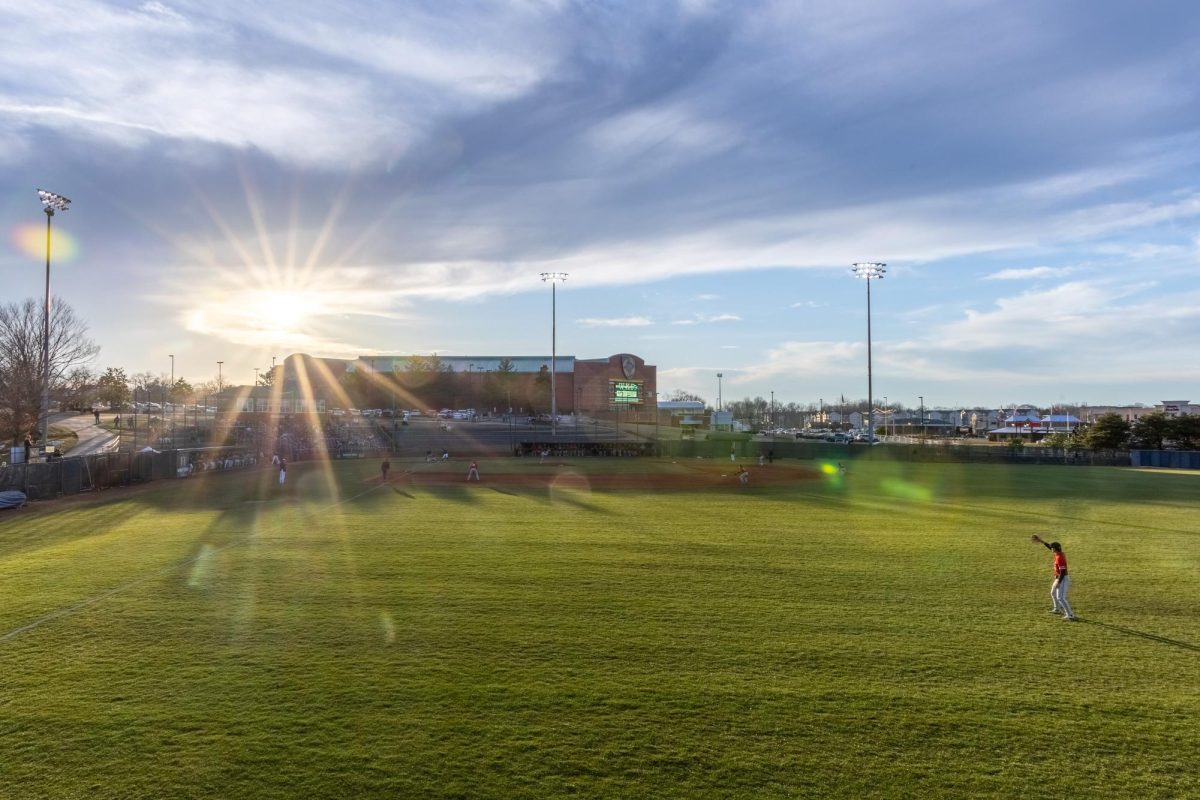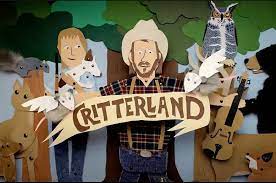Willi Carlisle’s third album “Critterland” further establishes him as an exciting voice in American folk music.
In an increasingly political culture, there is no shortage of artists seeking to establish themselves as the voice of the modern working class. The sense of self-importance necessary to attempt such a preposterously ambitious goal does not often lend itself to good art. For this reason, I’m leery of most artists who are repeatedly compared to Woody Guthrie in reviews and interviews.
Willi Carlisle is an exception to this rule. This isn’t to say he achieves that goal; the internet age has fractured culture to the point that claiming to be “the voice” of any group of people is absurd.
It is because he tackles the issues of today with the sincerity and genuine empathy necessary to convey the complexities of life in 21st-century America. There is no hint of the smugness that so often plagues art that touches on social issues.
What I’m most struck by throughout this album is Carlisle’s use of language. His background as a poetry graduate student is apparent, though it’s not a given that these skills would transfer successfully into lyrics.
As Carlisle describes it, his work is an attempt to merge contemporary poetry and traditional music, which leaves one at great risk of coming off as pretentious; however, he manages to stay on the right side of this thin line. The fact that he can make a reference to Alejandro Jodorowsky, a Chilean-French filmmaker, feel natural in a folk-country song “Higher Lonesome” is a testament to his artistry.
Regardless of the subject, Carlisle’s worldview and insight into everyday life – from the mundane to the absurd to the tragic – shines through. This ranges from “When the Pills Wear Off,” a sorrowful tune about losing a lover to an overdose while using more drugs to cope with the pain, to “The Money Grows on Trees,” a seven-minute spoken-word ballad based on the true exploits of Arkansas outlaw and author David Mac.
The album exhibits some of the darkest aspects of human experience: death, addiction, loneliness, guilt, poverty, otherness and the inescapable grasp of the past on the present. There is little respite from the overall bleakness, which can be a positive or negative aspect depending on your taste.
Rather than inserting glimmers of hope into these grim tales, Carlisle encourages the listener to find value in life’s challenges. This is most apparent in “The Great Depression”:
“I still cry my eyes out every time I dare to touch the spirit
And if this is our small lot in life I’ll love it like I mean it
The blood is strong with victory that brought us our despair
I won’t waste a single moment of the love that’s buried here
If the Great Depression made us, there is no need to despair
I won’t waste a single moment of the love that brought me here”
The only exception to the album’s overall dreary state is the title track, based on Carlisle’s experience spending time in a commune. It brings to mind idyllic hobo songs like “Big Rock Candy Mountain” and “Hobo’s Lullaby.” While communal living is not completely idealized, the song’s undeniable sense of joy contrasts the rest of the album.
In addition to Carlilse’s excellent songwriting, a major contribution to “Critterland” is a production by Darrell Scott. Scott is the songwriter and musician behind Patty Loveless’ “You’ll Never Leave Harlan Alive” and Travis Tritt’s “It’s A Great Day to Be Alive.”
The production across the album is often as sparse and melancholic as the lives and landscapes the songs portray. Carlisle’s voice is always the star, accompanied by instruments played mostly by Scott or Carlisle themselves.
That restraint is most evident in the final track, the previously mentioned outlaw ballad “The Money Grows on Trees.” According to the Arkansas Times, it was a source of conflict between Carlisle and Scott, with the former believing it should be sung and the latter insisting it would work better as a spoken-word poem. Scott won out, playing Carlisle poetry recitations on Johnny Cash albums as inspiration. In addition to being spoken, it is delivered almost entirely acapella, with the only other sounds being Scott’s occasional banjo riffs, thunder and rain hitting a tin roof.
While it’s ludicrously early to make this prediction, I’m confident that “Critterland” will remain one of my favorite albums of this year. Carlisle’s mastery of language and penchant for emotional depth makes for songs with the potential to stand the test of time while staying true to their moment in history. The artistic purity of this album does justice to the history of American folk music.































































































